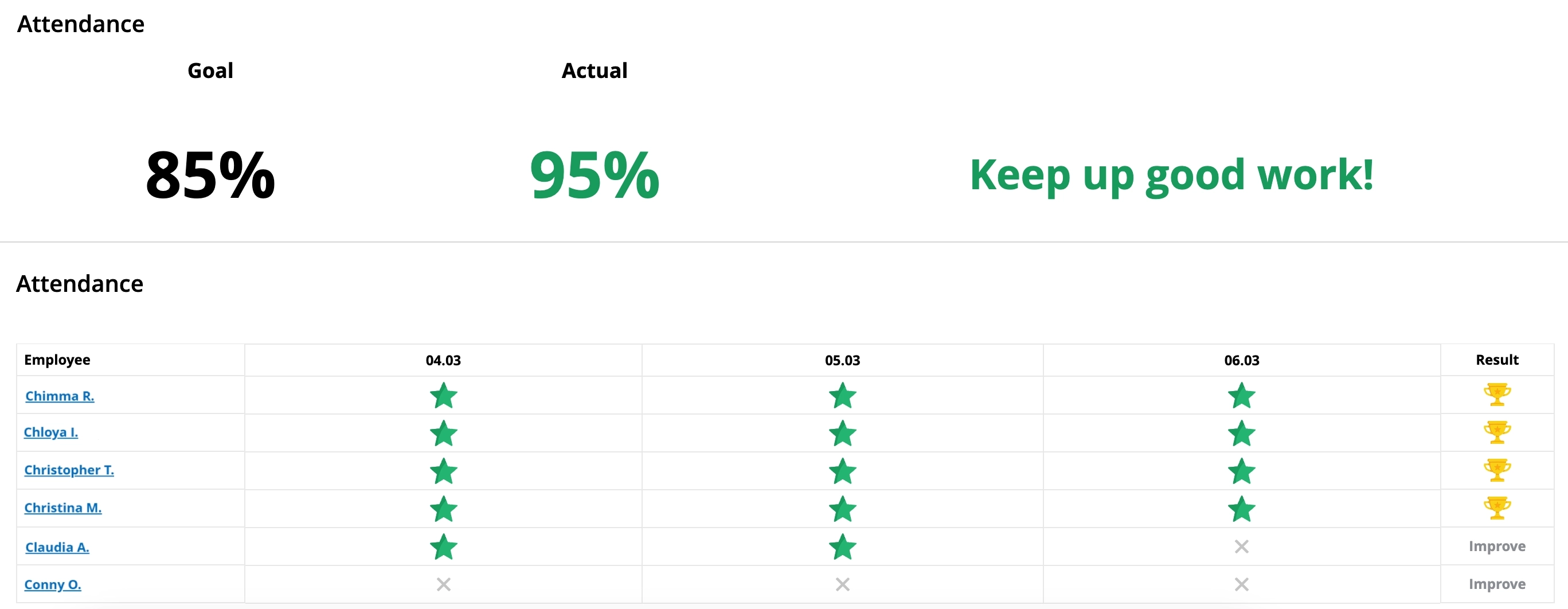Position of Japan on the global salary chart
According to Mitsubishi Research Institute the global economy in 2024 will probably experience a slowdown in growth due to three constraints. These stem from actions taken to deal with high uncertainty. They forecast growth to underrun potential growth rates in the US, China, and the eurozone. As Japan progresses towards overcoming deflation entirely, preventing inflation from hindering the economy becomes paramount. To achieve this, Japan cannot afford any deterioration in the international situation. If global trade conditions worsen, such as due to restricted oil supplies, it could lead to wealth outflow from the country and exacerbate pressure on domestic demand. Still, if talking about salaries, Japan ranks among the top countries in terms of average annual wages. A typical salary in Japan is approximately 516,000 Japanese yen (JPY) or $3,409 USD. Salaries range from 130,000 JPY or $859 USD (lowest average) to 2,300,000 JPY or $15,197 USD (highest average, actual maximum salary is higher). In Japan, salary is predominantly determined by the level of experience. Employees with two to five years of experience typically earn an average of 32% more than entry-level and junior workers across industries. Individuals with over five years of experience tend to earn an average of 36% more than those with less experience. After ten years of work, salaries increase by 21%, with an additional 14% increase for those with over 15 years of experience. Salary is also determined by the industry, region, education level.Strict labor laws in Japan and its impact on outsourcing
Japan's strict labor laws provide important protections for workers and ensure high standards of work, they can also pose challenges and increase costs for companies considering outsourcing to the country. Japan's strict labor laws have both positive and negative impacts on outsourcing.3 positive impacts
1. Laws in Japan protect workers' rights. Japan's stringent labor laws ensure that workers are protected from exploitation, discrimination, and unsafe working conditions, which can be appealing to companies looking to outsource to regions with ethical labor practices.2. Also, those laws give quality assurance. With labor laws in place to regulate working conditions, outsourced tasks are more likely to be performed to high standards, ensuring quality outputs for client companies. 3. Companies can rely on stability and reliability. The strict enforcement of labor laws in Japan contributes to a stable and reliable workforce, reducing the risks associated with labor disputes, turnover, and disruptions in outsourced operations.WorkTime provides employee monitoring without going too far. Non-invasive, no content captured, HIPAA compatible and more.
3 negative impacts
1. Increased costs for outsourcing. Compliance with Japan's labor laws, including providing fair wages, benefits, and adhering to strict working hour regulations, can drive up the costs of outsourcing for client companies. Even Japanese companies time after time prefer to delegate work processes to outsource because of this impact.The tools provided by WorkTime will help optimize your budget. If your employees come at a high cost, make sure they deliver results. With monitoring tools such as efficiency monitoring and productivity monitoring, you can be certain that every dollar invested is working.

What industry does Japan heavily rely on?
Main industries that form the backbone of Japan's economy and contribute significantly to its GDP and employment are:- Automotive industry, with companies like Toyota, Honda, Nissan, and Subaru leading the way in manufacturing high-quality vehicles and automotive components.
- Technology. Japan is a global leader in technology, with companies like Sony, Panasonic, Toshiba, and Canon producing a wide range of electronic goods, including consumer electronics, semiconductors, and industrial machinery.
- Manufacturing sector. Which produces a diverse range of products, including machinery, steel, chemicals, and precision instruments.
- Pharmaceutical industry. Japan has a thriving pharmaceutical industry, with companies like Takeda, Astellas, and Daiichi Sankyo leading the way in research, development, and production of pharmaceutical products worldwide.
Average salary and its impact on outsourcing
Many people perceive outsourcing as solely focused on cost-cutting and increasing profits. However, it's more than mere "profiteering." Offshoring serves as a valuable strategy to sustain operations and facilitate growth. Small and medium-sized businesses lack the resources to hire local employees on the scale of larger companies. Hence, they require alternative methods to fill necessary roles without excessive resource allocation. To grasp this concept, companies should familiarize themselves with fundamental aspects of business operations, including domestic operational costs and average salaries. Numbeo ranks the average salary in Japan in 25 positions among 96 countries in the world. With the high cost of living and skill shortage in Japan, investing in local teams won’t always be ideal, especially for small businesses. Alternatively, they can delegate their functions offshore to maximize their savings and increase revenue in return. Outsourcing services to offshore destinations provides companies with a degree of freedom, enabling them to generate additional value for their products, services, organization, and even contribute to the economy of the country.Where does Japan outsource to? 5 main destinations
Japan engages in outsourcing to various countries, considering factors such as cost-effectiveness, the availability of skilled labor, and the specific needs of each outsourcing project.1. China
China is a major destination for outsourcing manufacturing and production activities due to its large labor force and lower production costs for Japan.2. Southeast Asia
Southeast Asia, specifically countries like Vietnam, Thailand, Malaysia, and the Philippines are attractive destinations for outsourcing due to their skilled workforce, lower labor costs, and proximity to Japan.3. India
India - most large hub for worldwide outsourcing. India is a prominent destination for outsourcing IT services, software development, customer support, and business process outsourcing (BPO) due to its large pool of skilled professionals proficient in English. So, it's also a popular destination for Japanese companies.Nokia has 16,800 employees and 26 project offices only in India.
4. Easter Europe
Countries like Poland, Ukraine, and Romania are emerging as outsourcing destinations for IT services, software development, and customer support, thanks to their skilled workforce and competitive pricing. Toyota opened its motor manufacturing in Poland.5. Latin America
Latin America destinations: Mexico, Brazil, and Argentina are gaining popularity for outsourcing services such as software development, customer support, and business process outsourcing (BPO) due to their proximity to North America, cultural affinity, and skilled workforce.Outsourcing to Japan
World companies transfer software to Japan, which is known for its diligent workforce and high motivation. Software outsourcing to Japan involves businesses hiring external service providers in Japan for their software development needs. This approach helps companies benefit from the expertise and cost advantages offered by Japanese firms, enhancing efficiency and accessing specialized skills. Japan prioritizes quality and precision in software development, making it crucial for outsourcing partners to deliver tailored solutions that align with Japanese business requirements, culture, and regulations.Opportunities in Japan's software outsourcing sector are abundant, with a focus on custom software development, application maintenance, quality assurance, and IT consulting. Industries like finance, healthcare, and manufacturing offer lucrative markets for outsourcing services due to their increasing digital transformation needs. Japanese companies are also open to collaborating with offshore firms for access to diverse talent and innovative solutions. The software outsourcing market in Japan is segmented by industry verticals, providing opportunities for service providers to specialize and meet the unique needs of each sector. WorkTime aids in building a targeted and productive IT team through customized monitoring software. Remote workers can easily become distracted and disengaged, but with WorkTime, maintaining their productivity is simple.Top сompanies of the software outsourcing to Japan market are: IBM, Oracle, Accenture, HCL Technologies, Neusoft, Rococo Co., Ltd., Dalian Hi-Think Computer, Dalian Pactera Technology, Sunyard System Engineering, Inspur, Shanghai Fudan Forward S&T, Linkage Software, Chengdu Winnersolt.
What are the benefits of outsourcing in Japan?
Outsourcing in Japan involves entrusting certain business processes to external companies. Its popularity has increased in recent years due to its acknowledged benefits. Examples of outsourcing encompass services like accounting, human resources, or payroll management. Here are some pros to outsource in Japan:- Delegating time-consuming tasks to another company frees up focus for core business activities in Japan, thus enhancing overall efficiency.
- When a company's size constraints hinder high-quality and cost-effective execution of certain processes, outsourcing in Japan proves beneficial by reducing expenses while upholding standards.
- Some business processes in Japan pose management challenges, but outsourcing provides increased control, ensuring smoother business operations.
- For companies requiring part-time employees in Japan, outsourcing enhances workforce flexibility.
- Outsourcing services in Japan mitigates companies' exposure to unnecessary risks by sharing them with partnering firms.
- Collaborating with a Japanese outsourcing company enhances employee productivity and facilitates skill development.
- Investing in technological infrastructure in Japan helps companies save costs.
- Leveraging time-zone differences in Japan allows for extended office hours, boosting productivity.
- Partnering with a Japanese outsourcing firm enhances service and product quality, delivering greater value to customers.
- Outsourcing companies in Japan offer improved functionalities, revitalizing overall business operations.
Employee monitoring in Japan
WorkTime has identified 5 main tips for monitoring an outsourcing company in Japan. These are universal rules that include certain specifics of Japan as a country with clear and strict labor laws.Implement monitoring tools
Utilize monitoring tools and software such as WorkTime to track project progress, measure productivity, and analyze performance metrics in real-time.Maintain regular communication
Stay informed about project progress, address any concerns or issues promptly, and ensure alignment with your business objectives.Establish key performance indicators (KPIs)
Define measurable KPIs that align with your business goals and regularly monitor them to gauge the outsourced company's performance and effectiveness.It is easy to measure KPIs with WorkTime tools and reports. WorkTime makes you able to monitor all the goals: productivity, attendance, and active time, ect.

Evaluate results
Continuously evaluate the results and outcomes of the outsourcing arrangement against your predefined objectives and make adjustments as necessary to optimize performance and achieve success. Provide performance feedback to your remote workers and keep them engaged in the company's results. WorkTime's employee leaderboard report is highly beneficial for achieving these objectives.
Implement green employee monitoring
Japan has strict labor laws that protect workers' rights. Make sure you use non-invasive, socially responsible monitoring. WorkTime offers 50+ reports to analyze and maintain employee productivity at a good level. The main focus of WorkTime is productivity monitoring.
